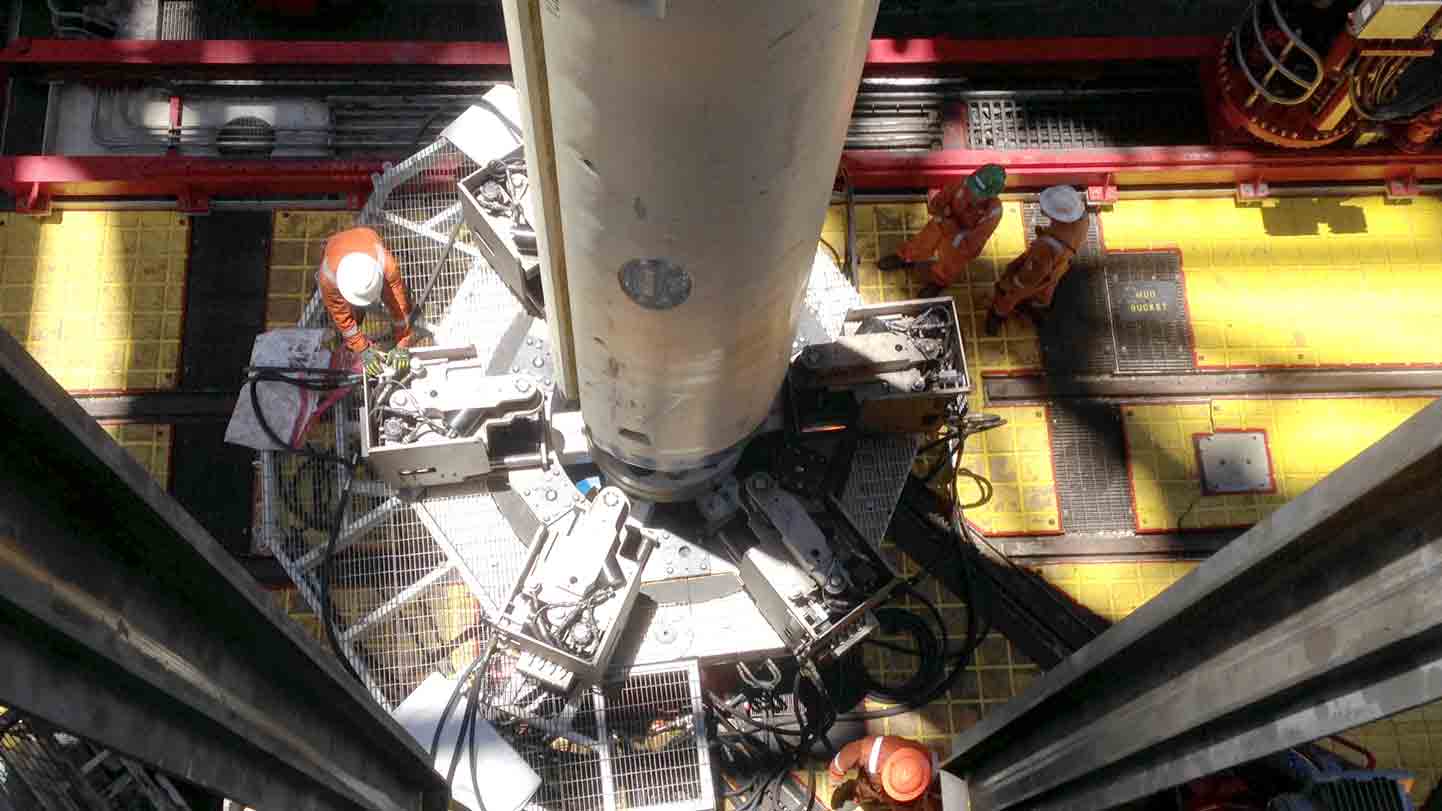Safety as a Priority in the Offshore Industry
Published: 01/09/2018

Safety as a Priority in the Offshore Industry
Published: 01/09/2018

Fluctuating global energy demands have altered operational norms and mandate new business strategies. Increasing demands for energy also increase demands on personnel.
The industry is faced with meeting the demands of higher standards while confronting shrinking resources and a larger margin for error. Sacrificing quality and safety, especially offshore, puts the environment and personnel at risk.
Quality in manufacturing
A key to maintaining safe operations offshore is selecting a qualified manufacturer that responsibly procures materials; has high-quality, state-of-the-art facilities with a dedicated, skilled labor force; and adheres to established, vetted processes involving best practices and industry-recognized training.
Quality in testing
Choosing a manufacturer that is capable of in-house testing and knowledgeable about industry standards ultimately expedites the delivery of higher-quality, more cost-effective products from the beginning of the process. A commitment to verify the results and the capability to remediate and follow through on initial specifications are critical. Certifications for facilities and product quality help to prove the level of excellence that a company demands of itself.
Quality in R&D
Another key to reducing risk is to select a partner with a proven track record in the industry. Deep industry experience brings an R&D commitment to engineered solutions to problems that come directly from the field. According to the Battelle Memorial Institute, the US is expected to decrease spending on R&D in the future as a result of unfavorable economic conditions, but one-third of companies in the energy industry are expected to increase their R&D spending budgets in the coming year.
By investing in the development of new technologies, operators can create a safer, more reliable environment for offshore operations. Regionally, this means having a global install base of product and knowing the unique needs and issues that can arise in specific areas.
Quality in a global network
Relying on qualified, authorized distributors and agents ensures that the project is completed responsibly from the the beginning. Advancements in global communication infrastructure increase the risk of entering into partnerships with companies that are not knowledgeable of the unique needs of the offshore industry and interested in short-term profit. Relying on companies that are not invested in the industry can lead to shortcut solutions and a lack of attention to detail.
Quality after the sale
To secure offshore safety requires a strategic ally with comprehensive, life-cycle support programs. This includes providing responsible personnel training, recertifying on schedule, repairing and maintaining inline product, and maintaining a reliable, established warranty service record. It also includes being globally situated to provide service at a moment’s notice and being backed by a network of support- and locality-focused solutions.
Solution
Using superior, high-quality valves is essential to offshore operational safety. Truly promoting safety requires partnering with a company that can reliably provide quality in manufacturing, offshore field-proven experience, a qualified network of distributors and agents, comprehensive after-the-sale support, and a global reach. The combination of these qualities in a business partner ensures that safety is at the forefront of offshore operations. In a volatile market with changing conditions, operators cannot afford to sacrifice.

